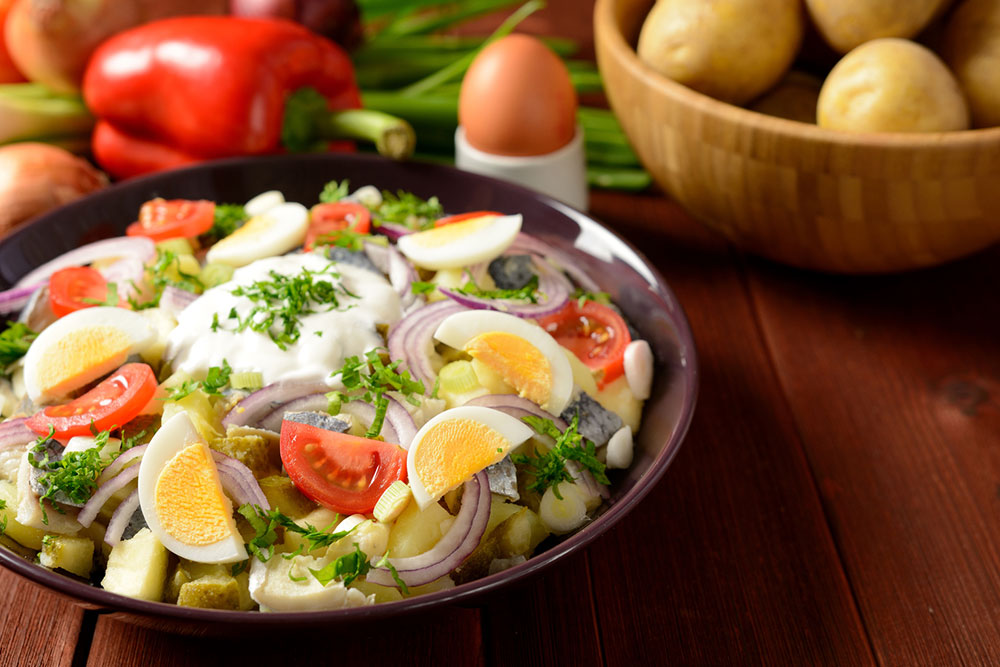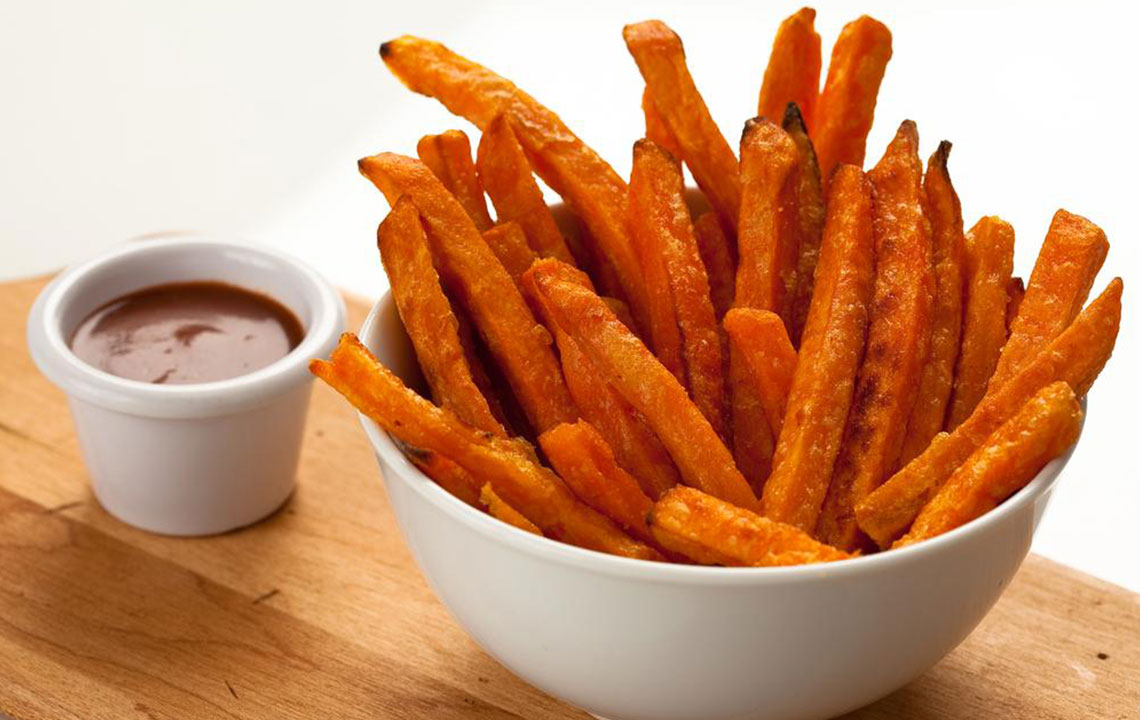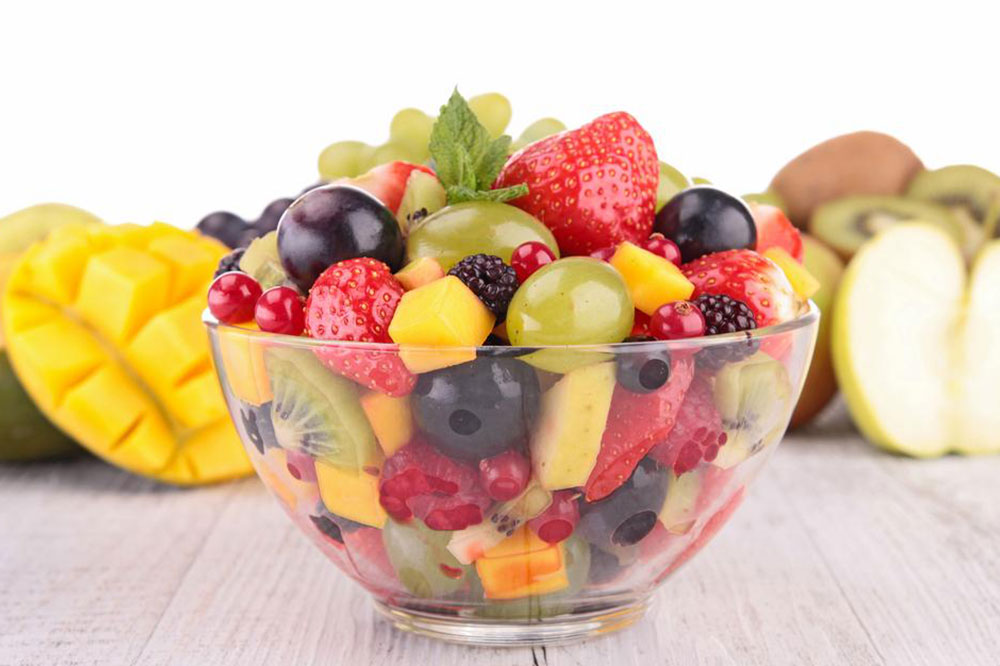Comprehensive Dietary Strategies to Alleviate Hiatal Hernia Symptoms
This comprehensive guide provides detailed dietary and lifestyle strategies to alleviate symptoms of hiatal hernia. Emphasizing food choices, avoiding irritants, and lifestyle modifications, it offers practical advice for better digestion and symptom control, improving quality of life for those affected.

Essential Dietary Guidelines for Managing Hiatal Hernia Discomfort
Managing a hiatal hernia effectively requires a combination of medical treatment and thoughtful dietary choices. This condition occurs when a part of the stomach protrudes through the diaphragm into the chest cavity, leading to symptoms like heartburn, chest pain, and difficulty swallowing. One of the most important factors in controlling these symptoms is adopting a diet that minimizes acid production and reduces pressure on the stomach and esophageal area. Understanding which foods to include and which ones to avoid can significantly improve quality of life for those affected.
Post-meal discomfort, especially after consuming spicy or greasy foods, is a common indicator of hiatal hernia. To reduce symptoms, it’s essential to focus on a gentle, non-acidic diet while avoiding foods and beverages that exacerbate reflux. Here are detailed dietary guidelines designed to help manage hiatal hernia symptoms effectively.
Foods and Drinks to Limit or Avoid
Foods that are highly acidic or spicy tend to irritate the esophagus and increase stomach pressure, intensifying the symptoms of hiatal hernia. Here are specific items to steer clear of:
Garlic and onions: Both raw and cooked forms can be acidic and trigger reflux symptoms. Although nutritious, they should be reduced or avoided during flare-ups.
Citrus fruits: Oranges, lemons, limes, grapefruits, and other citrus fruits are rich in acids, making them unsuitable during symptomatic periods.
Tomato-based foods: Tomatoes are naturally acidic. Dishes like marinara sauce, salsa, ketchup, and tomato soup can worsen reflux.
Fried and spicy dishes: Greasy foods like fried chicken, burgers, spicy curries, and snacks such as chips can increase stomach acidity and pressure.
Regarding beverages, certain drinks should be avoided as they can aggravate reflux and discomfort:
Beverages to avoid: Carbonated drinks like sodas and sparkling water introduce bubbles that increase pressure in the stomach. Alcoholic drinks, including wine, beer, and spirits, relax the lower esophageal sphincter (LES), promoting reflux.
Caffeinated drinks: Coffee, black tea, and certain energy drinks can stimulate acid production.
Milk and dairy: Full-fat, unpasteurized milk can temporarily soothe reflux but may increase mucus production and cause other digestive issues.
Dietary Recommendations for Symptom Relief
A low-fat, low-acid diet is vital for those managing hiatal hernia symptoms. The focus should be on incorporating foods that promote digestion, reduce acid reflux, and minimize abdominal pressure. Here are recommended dietary choices:
Lean proteins: Choose skinless chicken, turkey, fish (such as mackerel, cod, salmon), and plant-based sources like legumes. Avoid high-fat cuts of meat and processed meats rich in saturated fats.
Legumes and soy products: Beans, lentils, tofu, and soy milk are excellent non-acidic, nutritious options. They support digestion and are gentle on the stomach.
Vegetables: Leafy greens such as spinach, kale, and lettuce, along with carrots, zucchini, and red peppers, provide essential vitamins without irritating the esophagus.
Fruits: Favor non-citrus fruits like berries, melons, apricots, and peaches. These are less likely to trigger reflux and support overall health.
Hydration is key; drinking enough water, as well as herbal teas (like chamomile or ginger), can soothe the digestive tract. It’s advisable to avoid very hot or cold beverages and opt for moderate temperatures. Maintaining a healthy weight is especially important, as excess weight increases intra-abdominal pressure, aggravating hernia symptoms.
Additional Tips for Managing Hiatal Hernia
Besides dietary adjustments, lifestyle modifications can make a significant difference:
Eat smaller, frequent meals: Large meals can increase stomach pressure. Smaller, more frequent meals help prevent reflux.
Chew thoroughly and eat slowly: Proper chewing aids digestion and reduces the workload on your stomach.
Avoid lying down immediately after eating: Wait at least two to three hours before reclining to prevent acid reflux.
Elevate the head of your bed: Raising the head 6-8 inches reduces nighttime reflux.
Engage in regular exercise: Moderate cardio activities help control weight and strengthen abdominal muscles, supporting overall digestive health.
Consulting healthcare professionals for personalized treatment plans, including medications such as antacids or proton pump inhibitors, is essential. These medications help control acid production and promote healing. With appropriate lifestyle changes and medical advice, symptoms of hiatal hernia can be effectively managed, allowing individuals to lead more comfortable lives.





